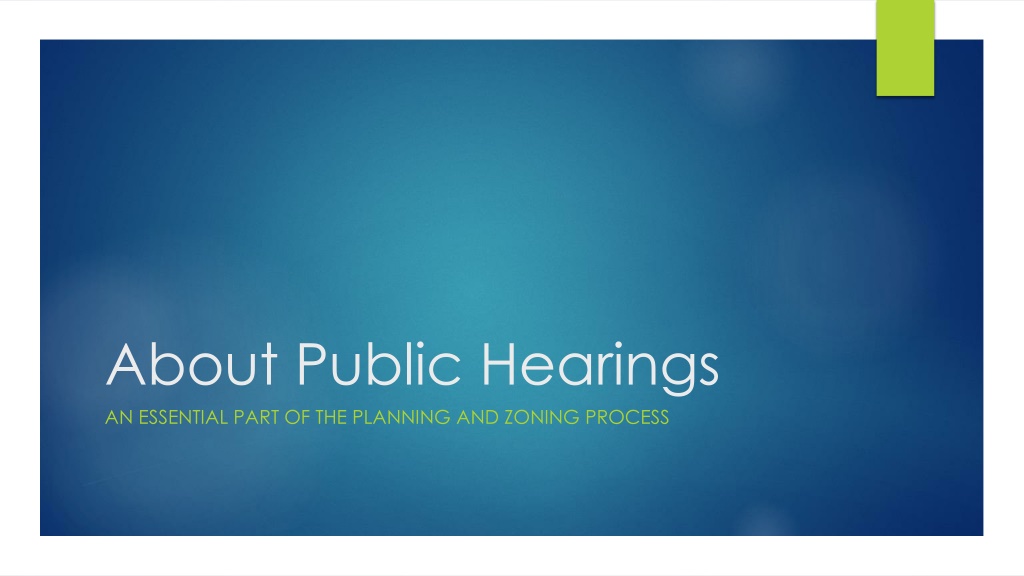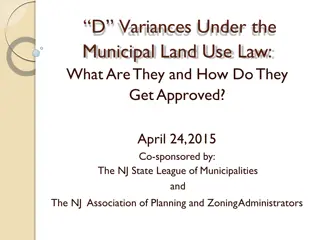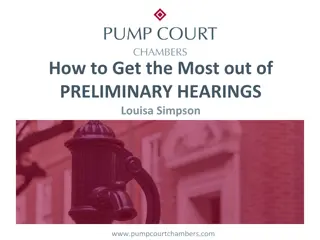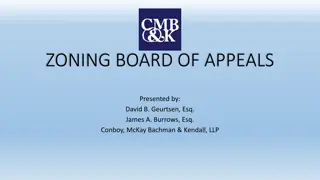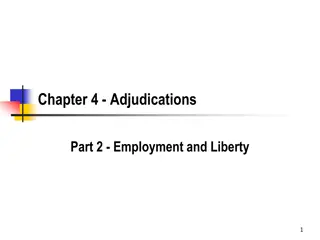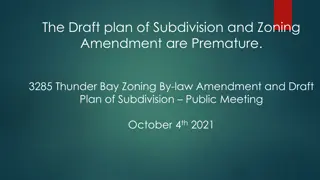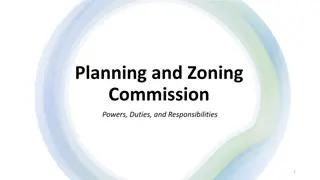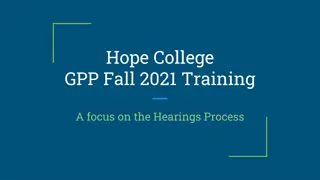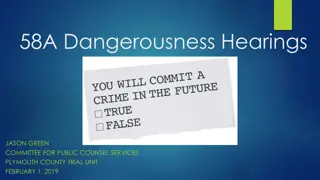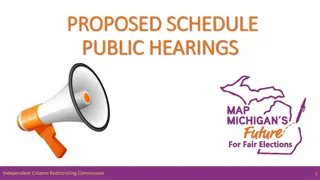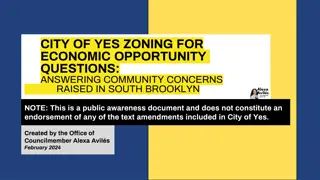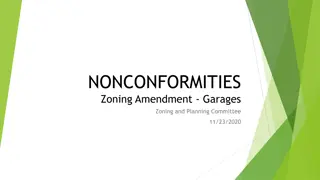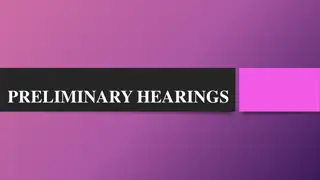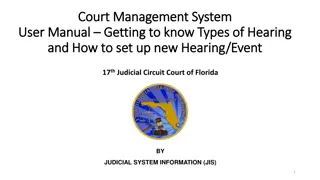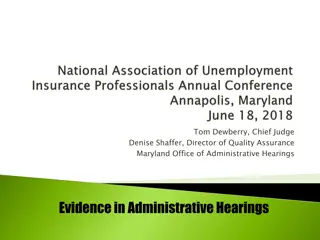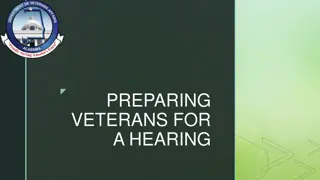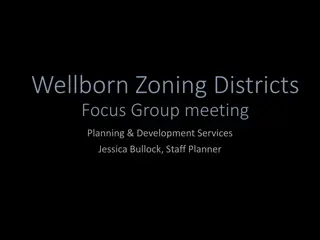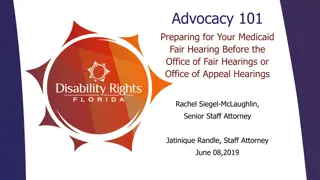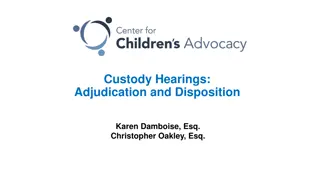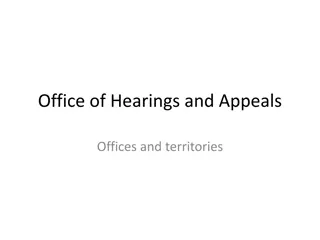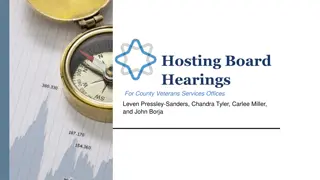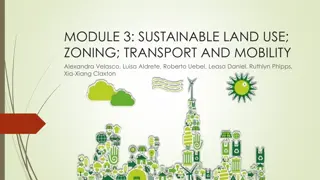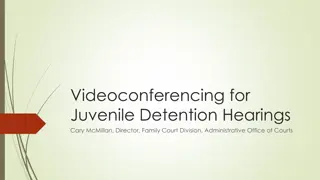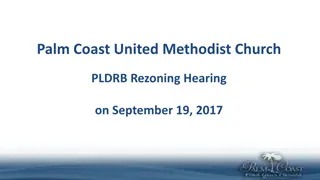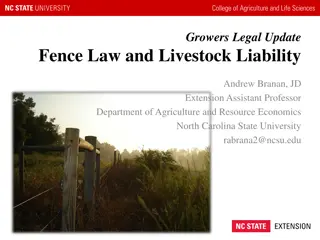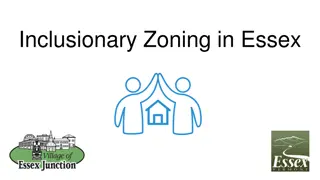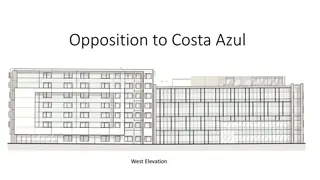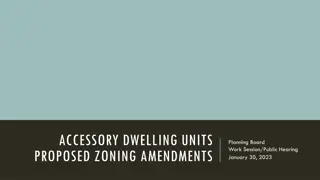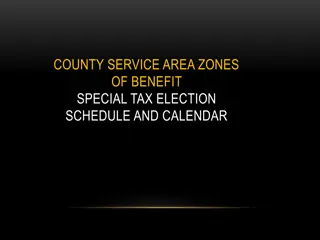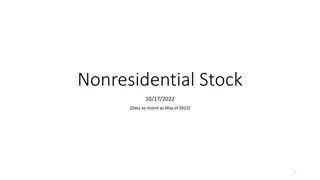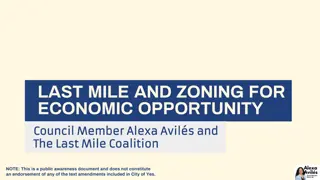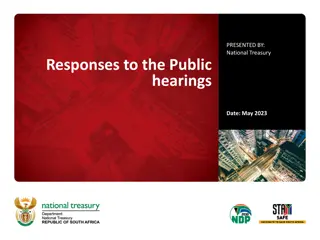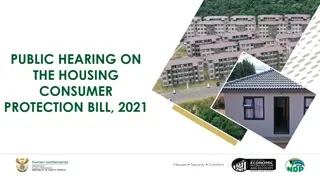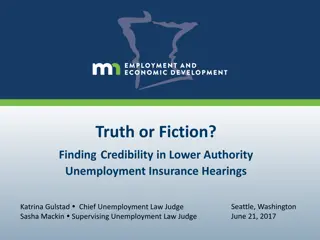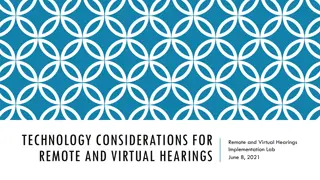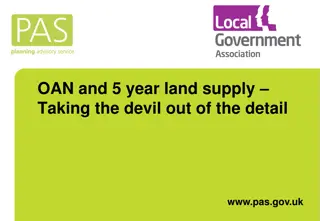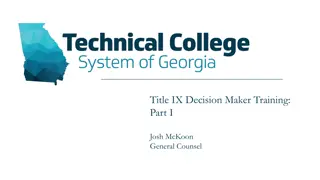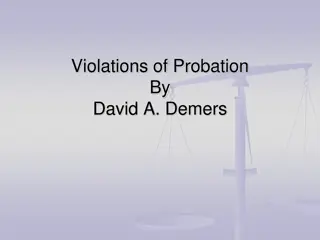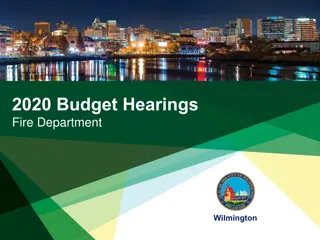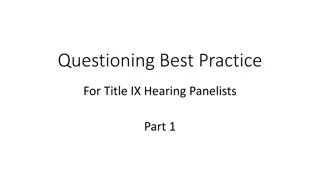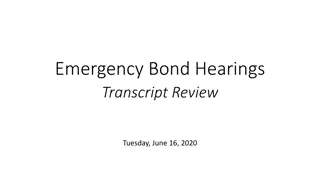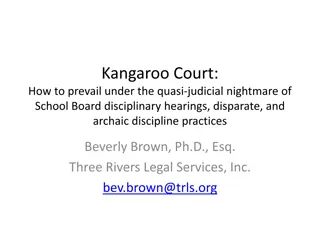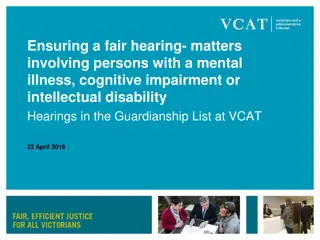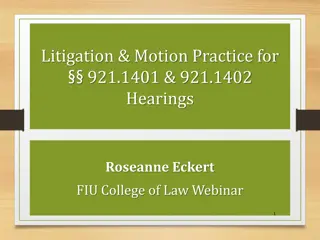Understanding the Importance of Public Hearings in Planning and Zoning
Public hearings play a vital role in the planning and zoning process, covering legislative and quasi-judicial matters. Legislative hearings focus on law changes, while quasi-judicial hearings deal with specific site matters. Best practices include laying the groundwork, following orderly procedures, and reaching sound decisions after considering all relevant testimony.
Download Presentation

Please find below an Image/Link to download the presentation.
The content on the website is provided AS IS for your information and personal use only. It may not be sold, licensed, or shared on other websites without obtaining consent from the author. Download presentation by click this link. If you encounter any issues during the download, it is possible that the publisher has removed the file from their server.
E N D
Presentation Transcript
About Public Hearings AN ESSENTIAL PART OF THE PLANNING AND ZONING PROCESS
Public Hearings in Your Life Annual budget consideration once a year unless amend to spend new revenue Vacation of rights/obligations in subdivision only on request Planning and zoning Legislative matters changing the law Adopt or amend comprehensive plan Adopt or amend implementing ordinances (zoning, subdivision, standards) Quasi-judicial matters site-specific issues Zone changes, special use permits, variances, planned unit development Subdivisions (per local ordinance more later)
Legislative Public Hearings Law Changes Simply a required step Notice must be published in official newspaper Draft must be prepared at time of initial publication Must provide opportunity to be heard open process Decision is a matter of legislative judgment
Quasi-judicial Public Hearings Deal only with site-specific matters In conducting hearing, you are responsible for protecting rights of all Due process required (notice and opportunity to be heard) Decision needs to address legal criteria clearly stated in ordinance? Testimony should help you reach a sound decision
Public Hearing Best Practices Laying the groundwork Hearing procedures Reaching a decision Dealing with possible appeals
Public Hearing Foundations Effective notice enable written testimony Explain the questions to be addressed at the hearing focus on criteria Avoid speaking in tongues no acronyms Explain what will work and what won t Disclose the order of proceedings before you start
Orderly Hearing Procedures Follow process outlined in hearing procedures resolution Written materials close 5 days in advance (except sign up sheets) Adhere to time limits Keep decision criteria visible Shut down discriminatory comments or personal attacks
One-page Sign-up Sheet One per customer Multiple sign-ups at once Sufficient room to get information Way to avoid the threat of public speaking Helps the chairman maintain order Allows succinct written testimony and time efficiency
Public Hearing Steps Supporters of the application Present information and argument Applicant, staff/consultant, sign-up sheet evidence, supporters, and neutrals Call for testimony in that order and at conclusion ask if any more (by segment) Opponents Present and rebut Applicant rebuttal no new evidence only rebut contrary evidence Deliberate toward a decision What about incomplete procedures? continuing hearing or meeting
COUNTY PUBLIC HEARING - SIGN-UP SHEET You must sign up to testify or submit comments Agenda Item Number (or name): (can be pre-filled and color coded) Date: , 20 (can be pre-filled) PLEASE PRINT LEGIBLY Name: Physical Address (minimum: city and state (full mailing address if you desire notice of final decision or supply separately to recording secretary): Choose one: Support the application Neutral Oppose the application Do you wish to testify? Yes No If you do not wish to testify orally, your comments on this sheet will be read into the record so long as they are written legibly, signed below and do not exceed the space allotted. Written signature (only if not testifying)
Improving Decisions/Reducing Appeals Clarity of decision criteria everyone should know what needs to be proven Be aware of the requirement that an appellant must first ask for reconsideration within 14 days of a final decision gives you an opportunity to correct errors if seeking to appeal Don t just reach conclusions explain why CYA (consult your attorney) - throughout
Too Many Unproductive Public Hearings? Options to Consider Grant more decision-making authority to your p-z commission, with appeals to you. P-Z can make final decision if ordinance not required Adjust hearing procedures to match state law. Only one hearing now required governing board hearing can be discretionary Making certain types of permits special uses rather than administrative permits adds to number of required public hearings Treatment of subdivisions: everyone requires at least one public hearing; state law doesn t require any When we stage a public hearing, what are we asking? How do you handle such issues when they reach you?
Hearing Procedures Resolution Ordinance or resolution required by Idaho Code 67-6534 Primary components Notice Testimony Order of proceedings Written testimony/Exhibits Records maintained Legislative hearing procedures Make available on your website and/or include basics in mailed notice A note about Robert s Rules of Order
